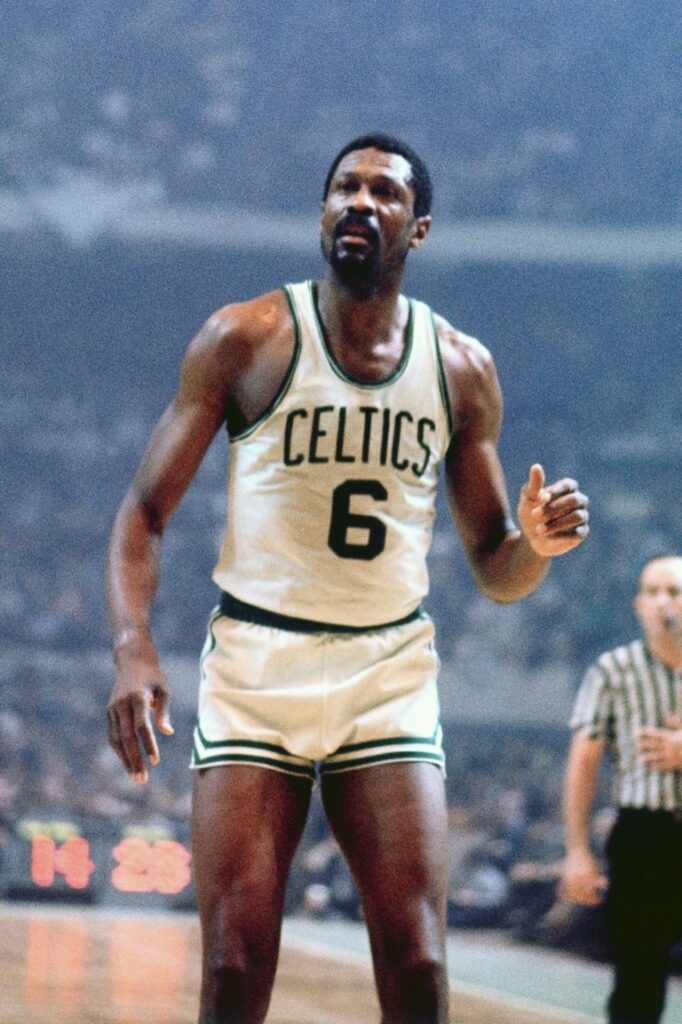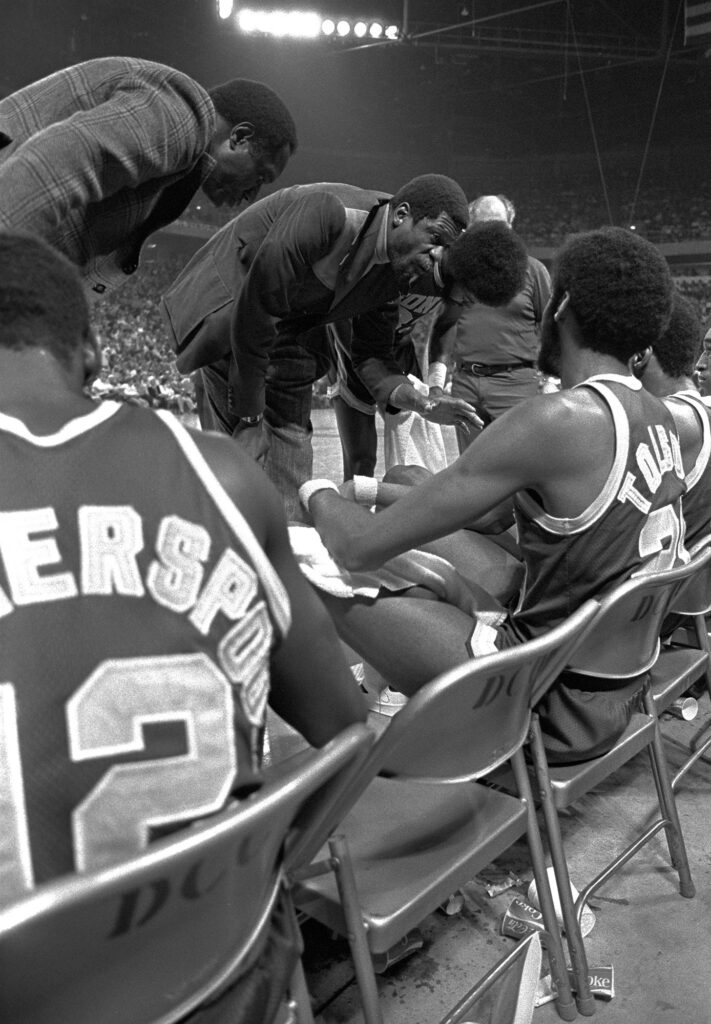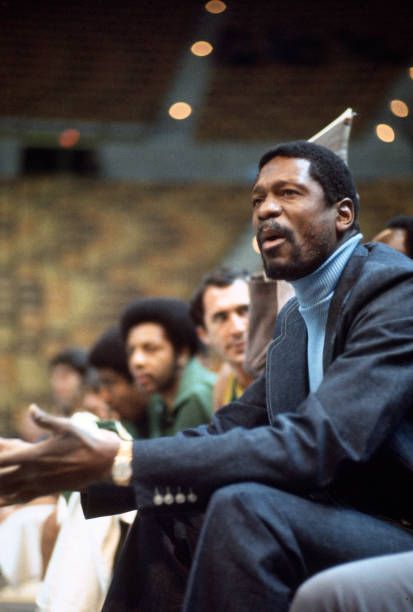Blog
Bill Russell – NBA Legend and Seattle transplant
More in Blog
-


Detlef Schrempf – Centralia HS, UDub, NBA and Seattle Sonics. A Northwest Basketball Legend!
Detlef Schrempf is a name that resonates with basketball fans around the world. Born...
-
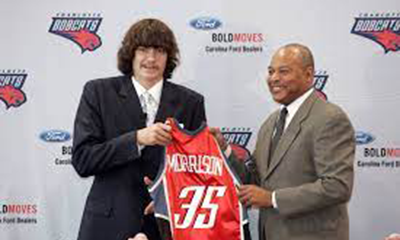

Adam Morrison – Mead HS, Gonzaga and the NBA
Adam Morrison is a name that is well-known to basketball fans, particularly those who...
-


Ryan Appleby – Stanwood HS Legend and Huskey Great!
Ryan Appleby is a name that is synonymous with basketball excellence. Born and raised...
-


Nate Burleson – From O’Dea High School To The NFL and Good Morning America
Nate Burleson is a former NFL wide receiver turned TV analyst who has made...
-


Will Conroy – UW Assistant Coach
Will Conroy is a name that basketball fans in the Pacific Northwest admire. Born...
-
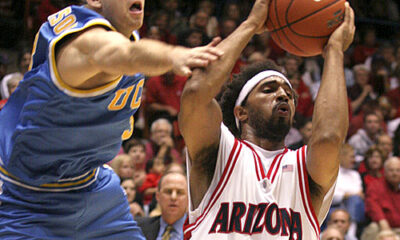

From Lake Washington HS to North Carolina AND UCLA – Brian Morrison
Brian Morrison is a basketball player who left an indelible mark on the sport...
-


Hec Edmundson – 27 Years as the DAWGS Head Coach
Hec Edmundson was a legendary figure in the world of sports, particularly in the...
-
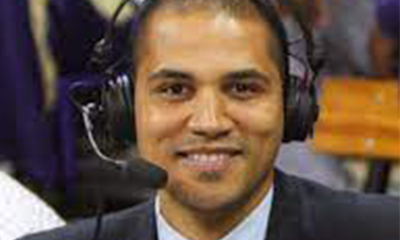

Jason Hamilton – Floor Leader, Broadcaster and Husky Legend
Jason Hamilton is a former UW basketball player and broadcaster who has left an...
-


DeJaunte Murrey – Seattle Born and Rasied
DeJaunte Murrey is a former basketball player who made a name for himself at...
-
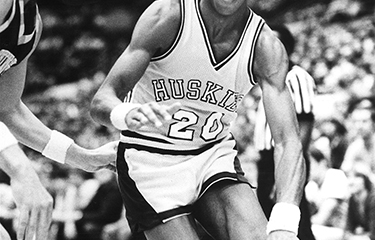

Lorenzo Romar Husky Player and Coach
Romar was born in Compton, California in 1958 and grew up playing basketball in...

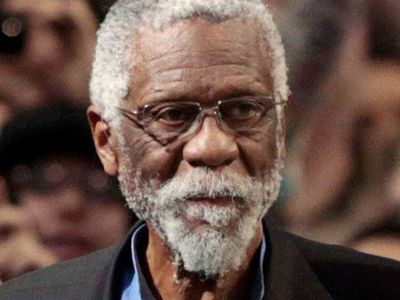
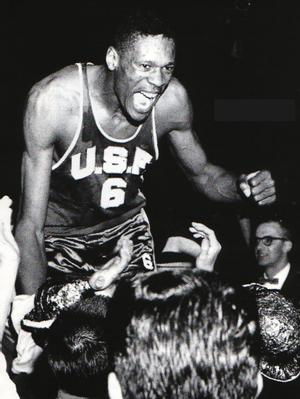 During his time at USF, Russell helped lead the Dons to back-to-back NCAA championships in 1955 and 1956, earning tournament MVP honors both years. His defensive skills, shot-blocking ability, and athleticism revolutionized the center position and set the stage for his future success in the NBA. In 1956, Russell was selected by the Boston Celtics as the second overall pick in the draft, beginning one of the most successful careers in basketball history.
During his time at USF, Russell helped lead the Dons to back-to-back NCAA championships in 1955 and 1956, earning tournament MVP honors both years. His defensive skills, shot-blocking ability, and athleticism revolutionized the center position and set the stage for his future success in the NBA. In 1956, Russell was selected by the Boston Celtics as the second overall pick in the draft, beginning one of the most successful careers in basketball history.